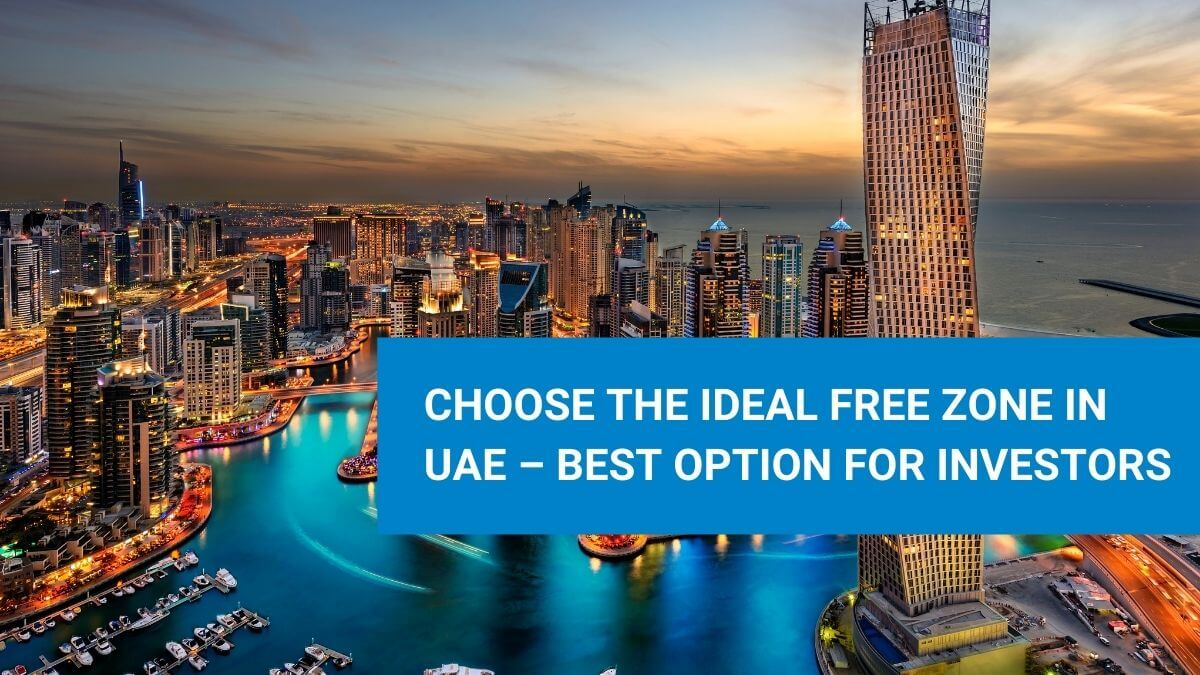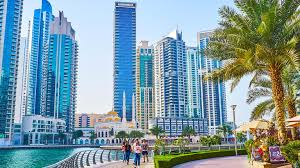
The UAE’s real estate market in 2025, with AED 893 billion ($243 billion) in 2024 transactions and 7-14% rental yields, is a prime destination for American and global buyers, particularly in freehold areas within free zones such as Dubai South Free Zone, Ras Al Khaimah Economic Zone (RAKEZ), and Jebel Ali Free Zone (JAFZA).
The 9% corporate tax (effective June 2023, Federal Decree-Law No. 47 of 2022), 5% VAT (Federal Decree-Law No. 8 of 2017), and 15% Domestic Minimum Top-up Tax (DMTT) for multinationals with revenues over €750 million (AED 3 billion) starting January 2025 make free zone tax perks critical for optimizing returns.
Below are six key tax advantages for buyers purchasing property in UAE free zones, ensuring compliance with Federal Tax Authority (FTA) regulations while maximizing returns in a tax-free personal income environment.

Buyers operating as Qualifying Free Zone Persons (QFZPs) in free zones enjoy a 0% corporate tax rate on income from properties within the zone, per Decision 265 of 2023. For example, a corporate buyer leasing a AED 3 million ($816,000) Al Marjan Island property in RAKEZ for AED 400,000 ($108,900) annually avoids AED 36,000 in tax, boosting 8-12% yields. Action: Register as a QFZP, meet substance requirements (e.g., local office, staff costing AED 50,000 yearly), and segregate mainland income (taxed at 9%) to maintain tax-free status.
QFZPs face no corporate tax on capital gains from selling free zone properties. A buyer purchasing a AED 2 million ($545,000) Dubai South apartment and selling it for AED 2.5 million after two years avoids AED 45,000 in tax on the AED 500,000 profit, supporting 10-15% appreciation. Action: Ensure property transactions occur within the free zone, document sales via RERA-registered agents, and comply with FCA (formerly FTA) audits to secure exemptions.

Corporate buyers registered for VAT (required if taxable supplies exceed AED 375,000) can recover 5% input VAT on costs like construction, maintenance, or brokerage fees for taxable supplies (e.g., commercial or first-sale residential properties). A buyer spending AED 1 million ($272,000) on JAFZA office fit-outs with AED 50,000 in VAT recovers the full amount, enhancing 6-8% returns. Action: Maintain seven-year invoices, file VAT returns within 28 days post-tax period, and use FCA-accredited advisors for compliance.
Long-term residential leases (over six months) in free zones are exempt from 5% VAT, reducing costs for buyers leasing out properties. A AED 150,000 ($40,800) annual lease in Dubai South saves AED 7,500 in VAT, boosting 7-9% rental yields. Action: Structure leases to exceed six months, verify residential status with RERA, and retain records for FCA audits to confirm VAT-exempt status.
Muslim American buyers pay Zakat (2.5% on wealth above Nisab, ~AED 25,000/$6,800) only on rental income from free zone properties after one lunar year, not on property value if held for long-term investment. A AED 1.5 million ($408,000) RAKEZ property with AED 100,000 rent incurs AED 2,500 Zakat, not AED 37,500 on value. Action: Document investment intent, consult Islamic scholars for accurate Zakat calculations, and align with 7-10% yields.
American buyers using corporate entities in free zones report UAE income to the IRS (21% corporate, up to 37% individual tax), but the U.S.-UAE double taxation agreement (DTA) allows credits for any UAE taxes paid (e.g., on mainland income). A buyer paying AED 90,000 in tax on AED 1 million ($272,000) non-free zone income from a mixed portfolio offsets U.S. tax liability, preserving 10-15% appreciation. Action: File IRS Form 1118 (corporations) or Form 1040 (individuals), coordinating with tax advisors to maximize DTA credits.
These tax perks amplify UAE’s 7-14% yields, outpacing global markets like New York (4.2%). Freehold ownership in free zones, no personal income tax, and visa programs (2-year Investor Visa for AED 750,000, Golden Visa for AED 2 million) drive 45% foreign buyer demand in Dubai’s 2025 market. Proximity to Dubai International Airport (20-45 minutes) and DIFC’s 800+ family offices enhance appeal. Free zone perks ensure tax efficiency in a market projecting 5-8% price growth.
Freehold zones like Dubai South and Al Marjan Island expect 10-15% appreciation in 2025, but the DMTT’s 15% rate for MNEs, stricter AML compliance, and a potential 10-15% correction in 2026 due to oversupply (41,000 Dubai units) pose risks. Non-compliance with corporate tax (nine-month deadline) or VAT filings (28 days) incurs penalties up to AED 10,000. RERA-registered agents and FCA consultants are critical for compliance.
Zero corporate tax on income and gains, VAT recovery, residential lease exemptions, Zakat optimization, and DTA credits are six free zone tax perks for UAE property buyers in 2025. These advantages maximize 7-14% ROI for American investors in a dynamic market. Expert guidance ensures compliance and long-term wealth creation in Dubai, Ras Al Khaimah, and other free zone real estate landscapes. Real Estate
read more: 5 Smart Ways to Structure Property Tax-Efficiently in 2025
